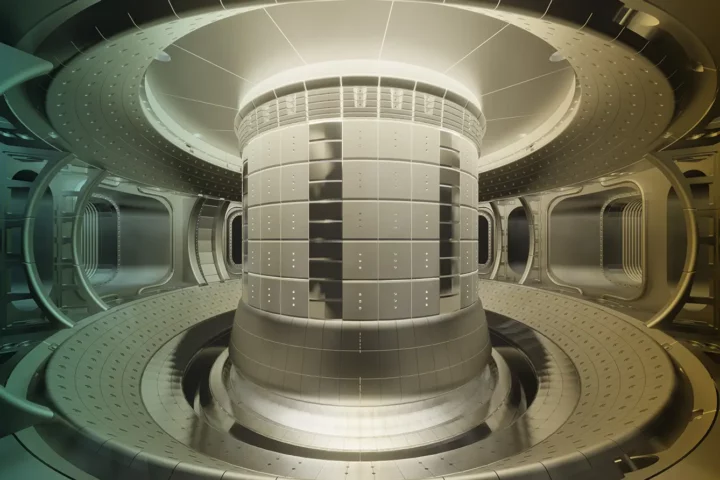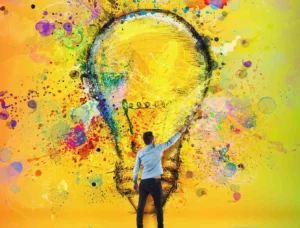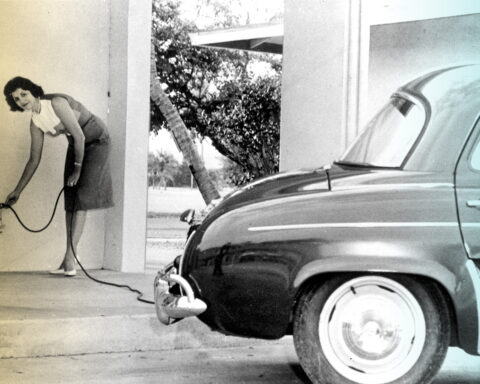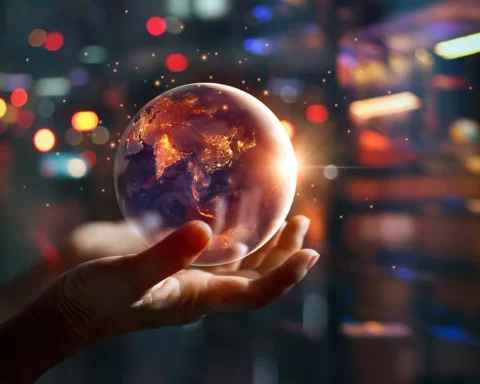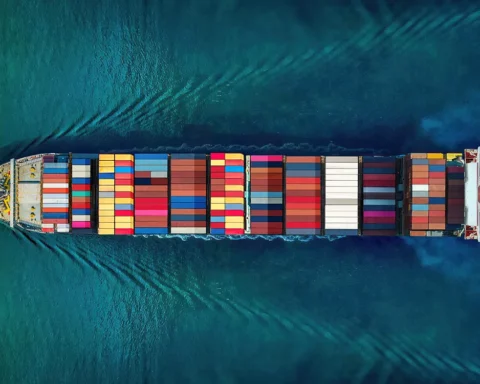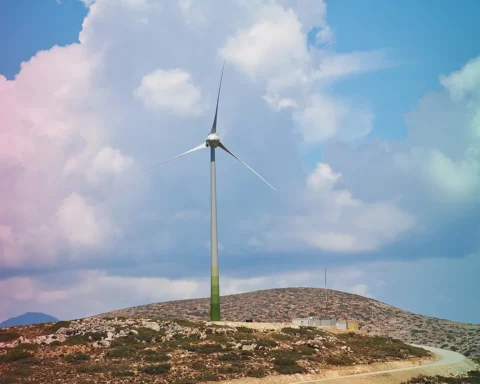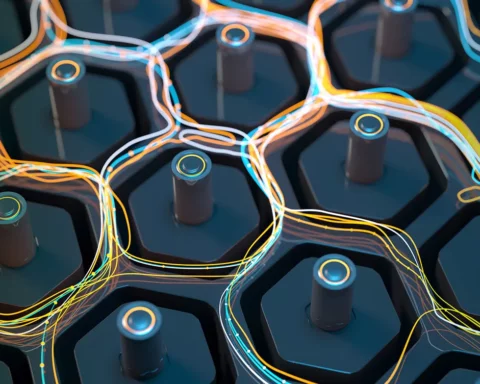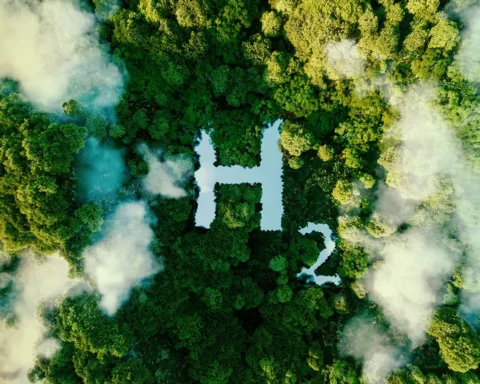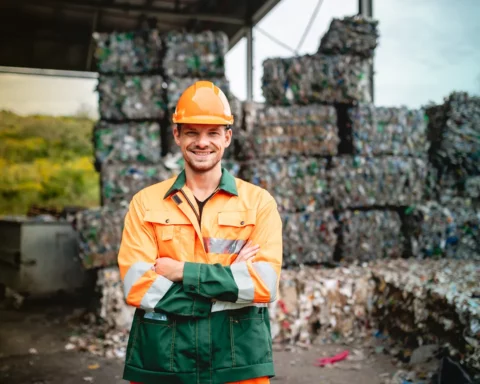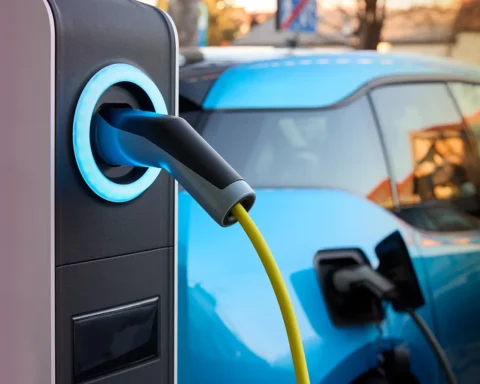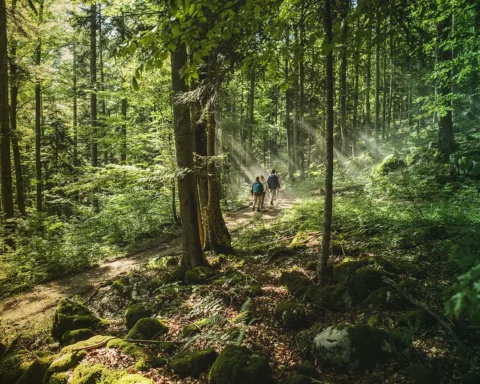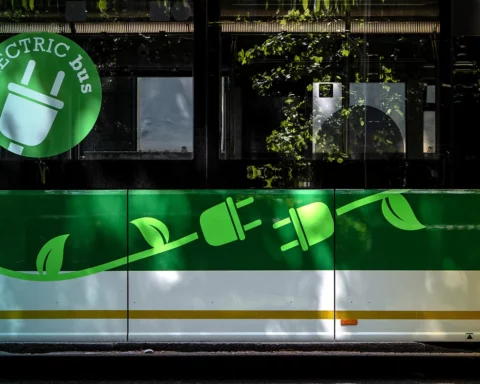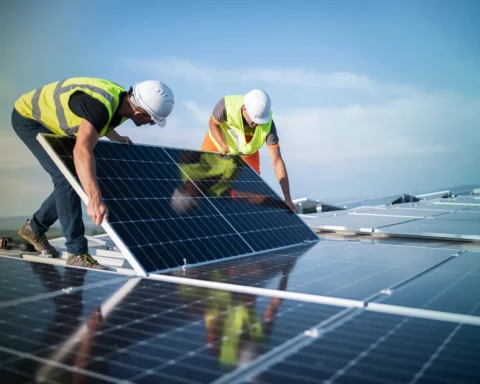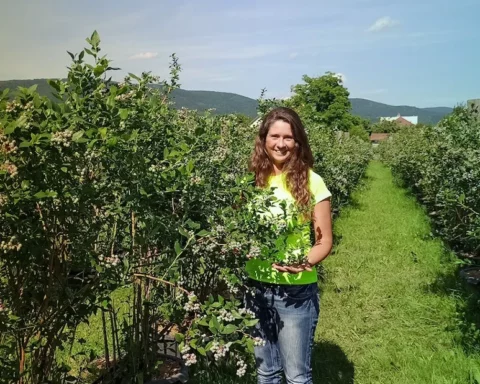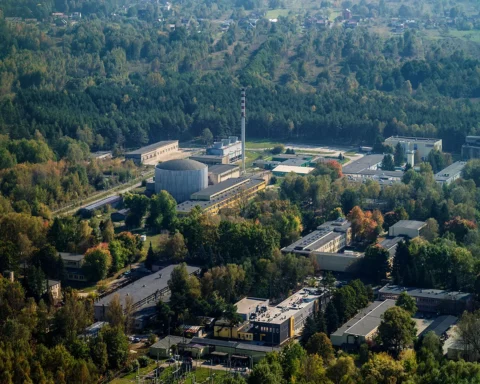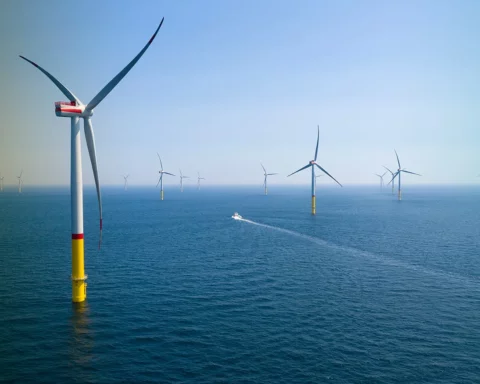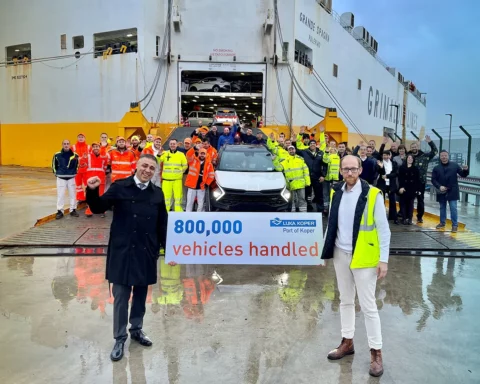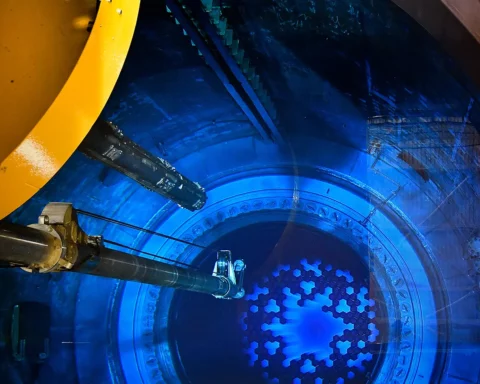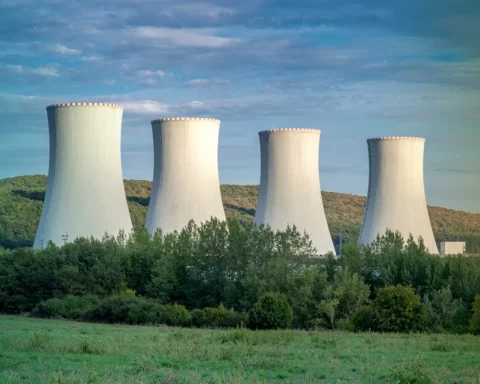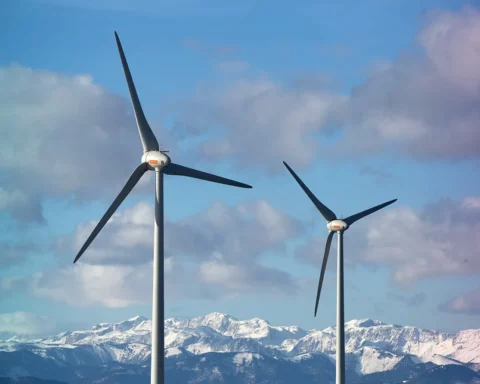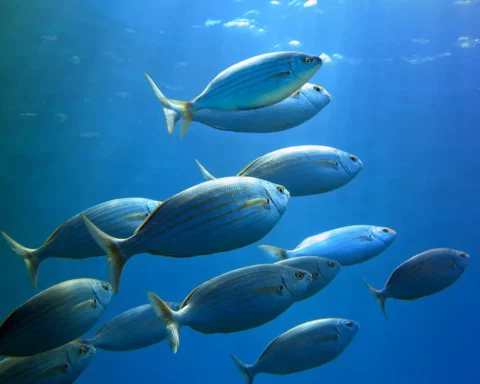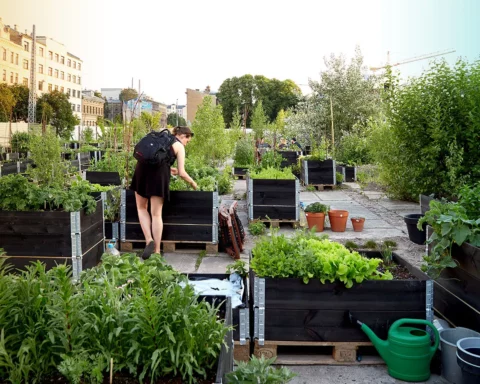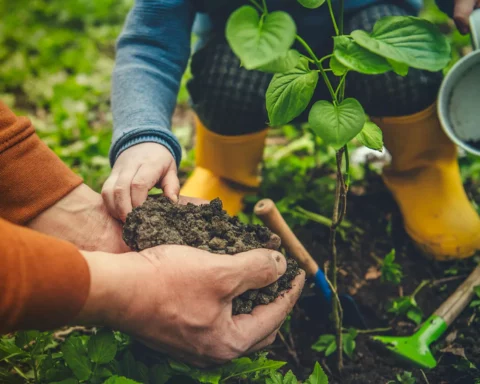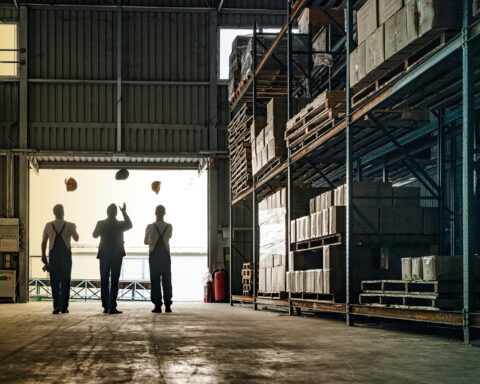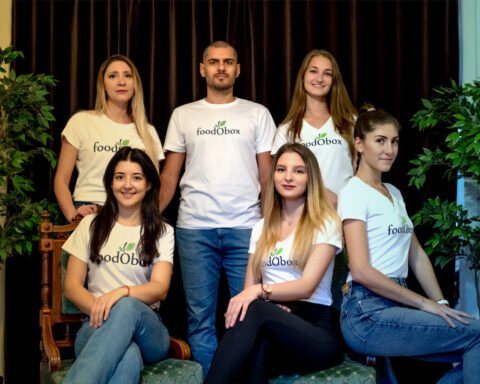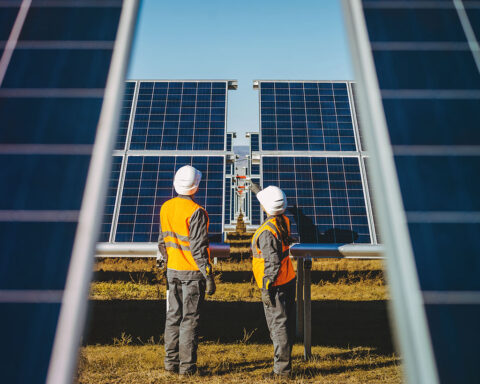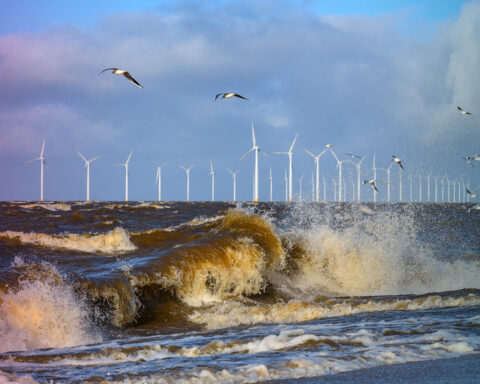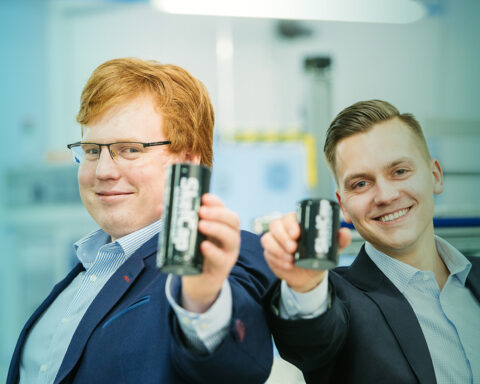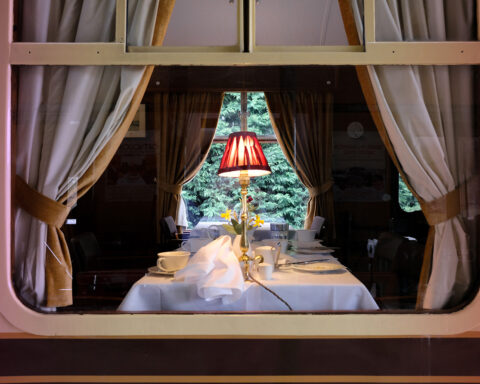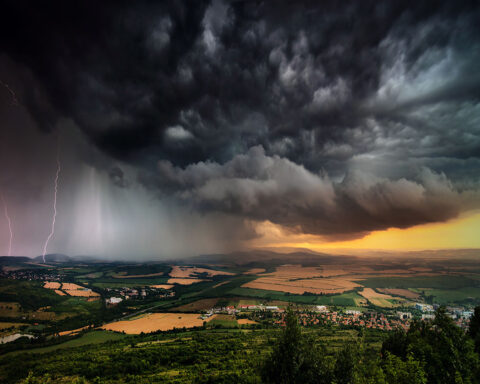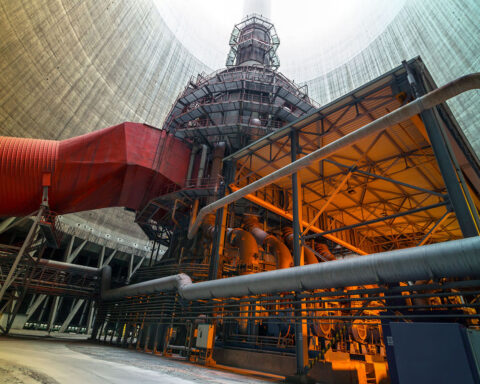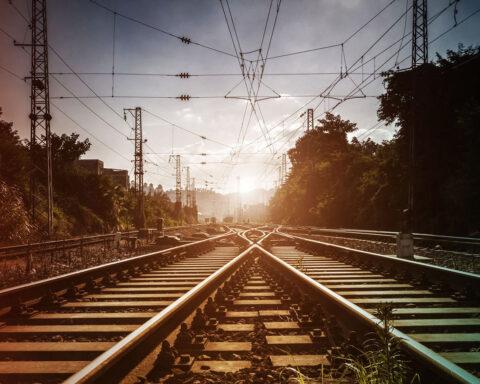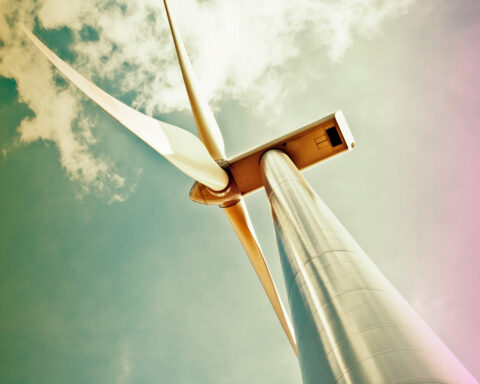Czech scientists are tirelessly working on creating an artificial Sun that will help Czechia, Europe, and the whole world access unlimited energy.
Read MoreIf grabbing a to-go cup of coffee at your local café is your daily ritual, you’re not alone. One company in Bulgaria wants to make that habit as sustainable as possible with their edible, biodegradable wafer cups.
Greek scaleup DeepSea is slashing shipping emissions with its AI technology. By optimizing route planning and vessel efficiency, freighters can cut carbon and costs. Will it usher in a sea of change?
A remote island in Greece's Dodecanese archipelago has become the first in the Mediterranean to become entirely self-sufficient in energy. How has this changed life on Tilos, and will it inspire other islands to follow suit?
At Jagiellonian University in Cracow, the world's first prototype of a prism fuel cell was created using a technology that eliminates the need for cobalt and graphite. But that's not all.
Three Seas Initiative countries want to make the most of the economic opportunities opened up by the development of clean hydrogen technologies.
Recycling in Slovenia has grown by 2000% in twenty-five years. How did Ljubljana go from landfill city to zero-waste leader?
Since carrots tend to stick more in consumers' minds than sticks, Romania jumpstarted its green revolution through an array of incentives for electric vehicles instead of restrictions on their fuel-driven counterparts.
In the hopes of transforming energy dreams into concrete actions, Bucharest aspires to overcome some of its shortcomings by shifting an entire sector. Regional interconnection, smart and green energy solutions, Black Sea exploration, and capacity expansion are all on the table.
Slovenia is not only literally one of the greenest countries in the European Union. Here you can live, travel, and even eat and drink eco-friendly!
NEoT Capital and the Three Seas Investment Fund (3SIIF) have formed an alliance to remodel public and commercial transport in Central and Eastern Europe (CEE). Thanks to this partnership, it might just happen sooner than we think.
The renewable energy sector in Europe is fast-paced, filled with high-stakes ventures and potentially game-changing technologies. EUR 150 mln from the 3SIIF will ensure R.Power establishes itself as a leading player in the European renewable energy market.
Different Central European countries are investing heavily in the industry around electric vehicles, seeing it as an opportunity to catch up with the developmental lag from the 20th century.
The bioleaching by bacteria can help remove undesired side effects of primary and secondary raw materials and support the growth of desired plants. This biological procedure has been turned into specific services and brought to the market by ekolive from Slovakia.
Enthusiasm for nuclear energy in Poland is not waning. In addition to the full-size Korean and American reactors, another one will be built. The National Center for Nuclear Research, with the help of Japanese specialists, will design a new experimental reactor.
The EU’s net-zero goal by 2050 essentially means that it wants to cut greenhouse gas emissions to as close to zero as possible. A tall order, and a major component of that will require more renewables like wind and solar, among others.
If you aren’t as well-endowed as you would like, the best strategy is to make optimal use of what you do have – just like Slovenia does with its seemingly insignificant access to the sea.
There’s a fierce fight brewing between three competitors vying to build the fifth nuclear reactor of the Dukovany Nuclear Power Plant in Czechia. Who is most likely to win?
It looks like the renaissance of nuclear technology is beginning. Countries in the Central European region are leading the way.
The sources from which we generate electricity have become the center of attention of every European in light of recent events. Austria's energy mix is one to envy, and here's why.
Austrian startup Blue Planet Ecosystems has been presenting its product on efficient, bio, eco-friendly, and sustainable fishing production called LARA systems (Land-based Automated Recirculating Aquaculture). The product aims to address future food shortages.
With 240 sunny days a year, Bulgaria is well-positioned to harness the full potential of solar energy. So what is missing?
What to do with an overgrown piece of land in a bustling capital city whose residents live mostly in apartments? One active community in Riga founded urban gardens, illustrating the potential of transforming derelict plots into added value for a city.
Our region's countries are often considered less advanced at greening their economies than other parts of the developed world. Is this really true?
With grocery stores overflowing with produce from the other side of the world and “all-natural” products in plastic packaging at every turn, it’s no wonder that even the savviest consumers find it hard to make sustainable choices. Austrian startup Inoqo aims to make that a little easier.
The main engine for the Central Eastern European (CEE) economies is foreign investment, attracted by cheap labor. Are rising wages leading to a loss of competitiveness, and, if so, how should the economic development model adapt to this new reality?
Can consumers and businesses in Bulgaria come together and join forces in fighting food waste? Is it possible to eat delicious food, save money, and eat with a cause? The answer to all of this is yes - because FoodoBox is making it happen.
The Three Seas Initiative Investment Fund is financing the development of solar power projects across Central Eastern Europe.
The Baltic country is preparing the construction of its first offshore wind park to start in 2024.
With the use of curved graphene, Skeleton Technologies is able to build better ultracapacitors than the world has ever seen.
Works are in full swing on a High-Speed Rail Network in the heart of Europe.
With the looming threat of water-related catastrophes on the rise, Natural Small Water Retention Measures can become our Noah’s Ark if applied on a wide scale.
Most Three Seas states support nuclear energy included in the EU's green taxonomy.
Walking a thin line, balancing energy poverty with the fight against climate change.
In 2024, a two-year construction project for a Polish wind farm in the Baltic Sea will begin, comprising 70 turbines, which will generate over 1 GW of power. Located 22 km offshore, these new turbines will generate more power than a recently-commissioned Danish farm with 72 turbines.


